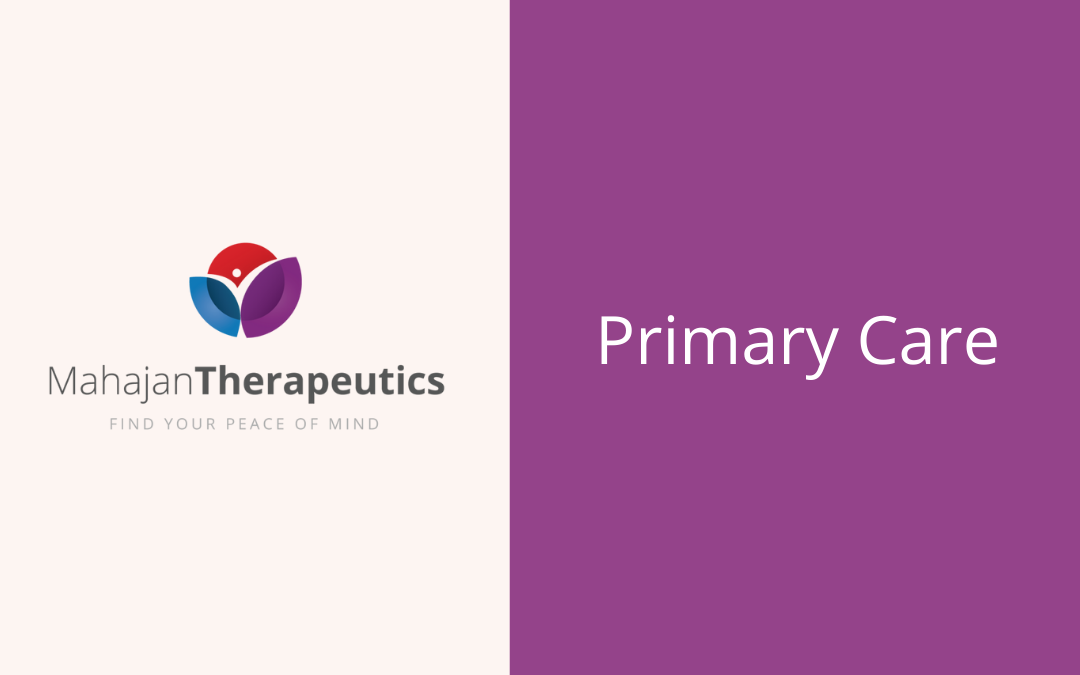In March, we posted about AA and NA words of wisdom, including HALT, the concept that relapse is more likely when someone is hungry, angry, lonely, or tired. Staying nourished, connected with a support network, and well-rested can make recovery easier.
In this post, we’ll explore that last point: why sleep is so important and how to get more of it.
Why Is Sleep Important?
Poor sleep has been linked to issues like weight gain, diabetes, anxiety, and depression. From a recovery perspective, sleep is especially important because fatigue has been found to lower willpower and self-control.
Additionally, recovery causes its own fatigue as the body works to shed toxins and the mind processes emotions that used to be numbed. Sleep should be a high priority for anyone in recovery.
Getting a good night’s rest can be a challenge. Life is busy and demanding, so how do you turn off and spin down when it’s time to turn in?
Tips for Good Sleep
- Make your bedroom a sanctuary. Declutter, wash sheets regularly and treat yourself to a comfortable pillow. Avoid working, watching TV, or having difficult discussions in bed. Keep the room dark at bedtime. Try earplugs to shut out extra noise.
- Work out – Exercise releases endorphins that override restlessness. If you’re new to exercise, know that it’s easy and very worthwhile to work out! Start with a 15-minute walk a few times a week. Download a yoga app and go through a short set of poses when you have a break. Within a few weeks, you’ll find yourself craving the payoff and ready for more.
- Try meditating. Meditation can seem daunting or frustrating, but like exercise, there are countless benefits, and you’ll find it easier over time and with practice. Meditation apps provide guidance and can track how long you dedicate to relaxing your mind each day. This website offers a wealth of information and resources about meditating.
- Don’t force it. If you can’t fall asleep, leave your bed and come back later. In the meantime, practice meditation, take a walk, do some stretching, or listen to music. If you feel frustrated or worried, try journaling instead of beating yourself up.
- Set a routine. A sleep routine includes scheduling time to slow down before bed. Working backward from when you need to wake up, give yourself ideally 8 hours to sleep and an hour before that to wind down. Plan to shut off all screens during that hour. Phones and TVs are sources of blue light, part of the light spectrum that has been shown to make it harder to fall asleep.
A sleep routine should account for healthy habits during the day, too. Plan to finish your last big meal at least 2 hours before bedtime, and to have your last caffeine 4-6 hours before. Set aside 30 minutes or more for exercise. Set alarms on your phone as reminders for when to pour that last cup of coffee, take a walk, start cooking dinner, and turn off screens.
Implementing any of these can help you get better sleep. Mahajan Therapeutics is here to help you shift habits and create routines that lead to success in your recovery journey. Contact us today.





Recent Comments